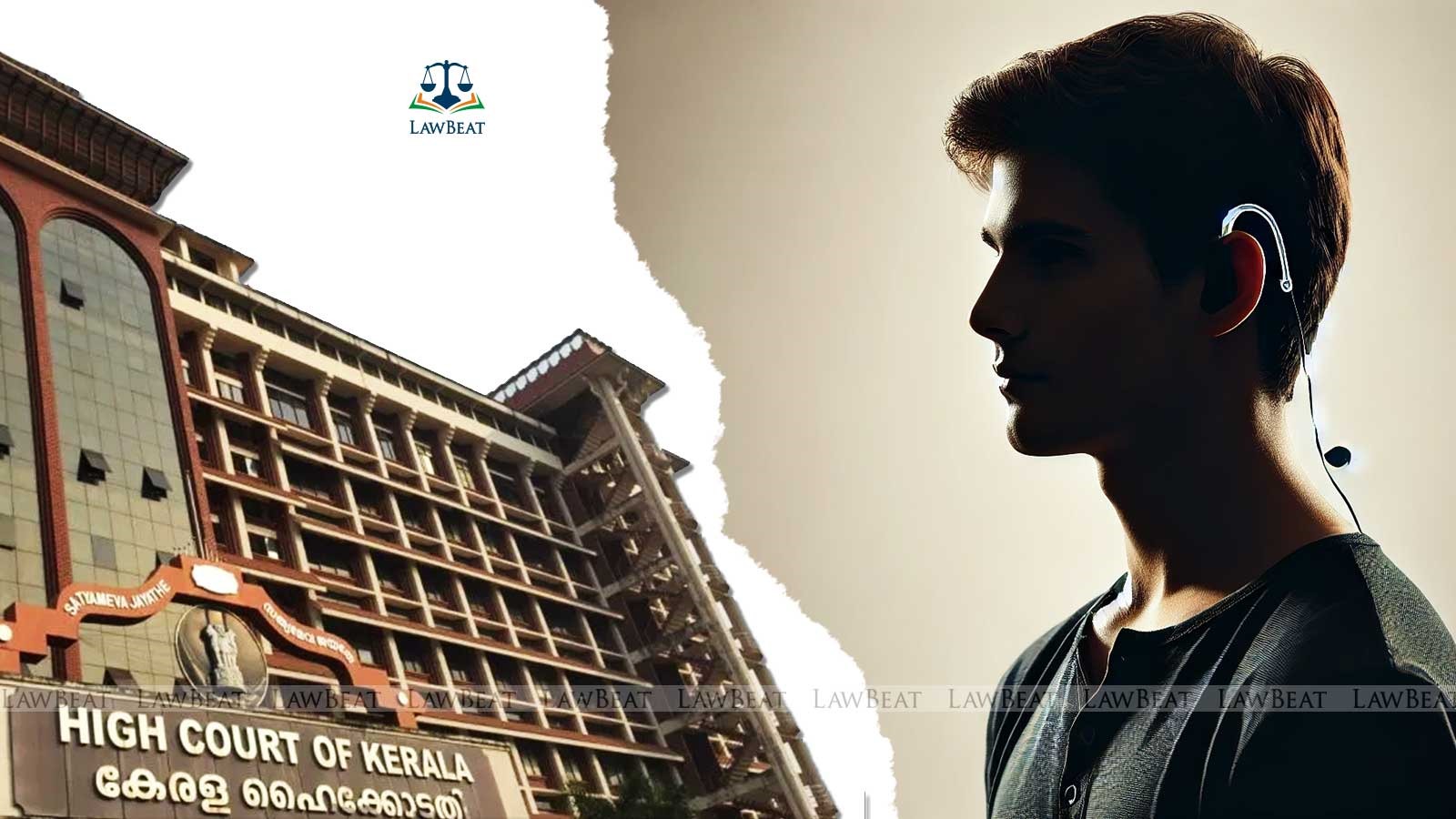‘Deaf and Dumb’ Term Ethically and Technically Inaccurate, Recognized as Offensive : Kerala HC

The court strongly objected to the use of terms "deaf and dumb” and highlighted the challenges that a hard-of-hearing person may have to encounter in litigation
The Kerala High Court has declared that the term "deaf and dumb" is both ethically and technically inaccurate, and now widely regarded as offensive. The court emphasised that the term "hearing impaired" is also no longer accepted, as the word "impaired" connotes being hindered or damaged. Instead, the most accepted terms are "deaf" and “hard-of-hearing.”
The Division Bench, presided over by Justice Devan Ramachandran and Justice M.B. Snehalatha, made the observation, pointing out that the Original Petition described the respondent as "deaf and dumb," a term the Court found to be "a relic from the medieval era.” The court was tasked with determining whether an inquiry under Order XXXII, Rule 15 of the Civil Procedure Code (CPC), which pertains to representation through a Next Friend, was mandatory.
The Court also observed the diversity within the hard-of-hearing community, acknowledging that individuals may identify as Deaf, Deaf-Blind, Deaf-Disabled, or Late-Deafened. These identities may reflect the degree of hearing loss or the age at which the condition developed. For example, those who lost their hearing later in life might identify as Late-Deafened, while those with additional vision loss may identify as Deaf-Blind. The court further noted that despite modern technological advances—such as cochlear implants, audio converters, and sign-to-text converters—many hard-of-hearing individuals still face significant disadvantages, particularly in educational settings. Historically, they were often mischaracterised as ignorant or lacking language skills, which led to societal exclusion.
The respondent, a hard-of-hearing individual, had filed an original petition before the Family Court seeking the return of gold ornaments and a financial claim against the petitioners. An application was also submitted to allow representation through a Next Friend. The core issue before the court was whether the Family Court was required to conduct an inquiry under Order XXXII, Rule 15, despite the respondent seeking the assistance of a Next Friend due to her inability to hear and verbally communicate. The petitioners contended that the respondent was represented by a Power of Attorney holder rather than a Next Friend, and that no inquiry was necessary.
However, the court dismissed this argument, emphasising that its duty was to ensure equal and effective access to justice for all parties. The court, referring to established precedents, held that these provisions are designed to protect the rights of litigants with disabilities and must be construed liberally. “When a person seeks the assistance of a Next Friend on the ground that he/she has a problem as afore, it ought to be granted, rather than be denied,” stated the court.
The court pointed to an earlier judgment of the High Court in Raveendran v Sobhana (2008). In that precedent, the court established that even in cases involving individuals who are hard of hearing and unable to verbally communicate, it is essential to conduct a preliminary inquiry to determine whether the person can protect their interests without the assistance of a Next Friend. The court emphasised that the primary concern is the interest of the litigant with such impairments, rather than any technical or procedural objections raised against it.
Furthermore, the court highlighted that in Mary v. Leelamma and Another (2020), the court reaffirmed this principle, stating that the protection of the litigant's rights is paramount and should not be viewed as a mere procedural formality.
The court reaffirmed that such inquiries are mandatory and cannot be waived, as they serve to protect the interests of vulnerable litigants. Consequently, the court set aside the impugned order and directed the Family Court to conduct the necessary inquiry without delay.
Cause Title: Vineesh v. Raji Radhakrishnan [OP (FC) No. 156 of 2024]
